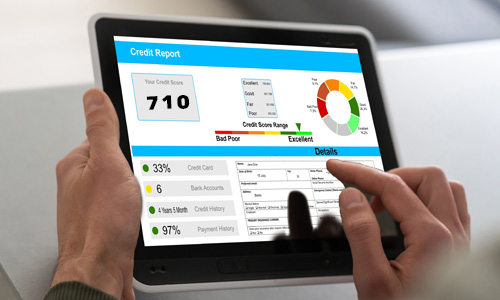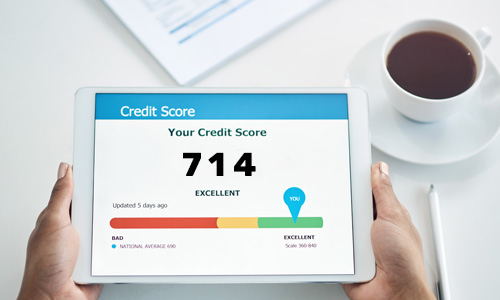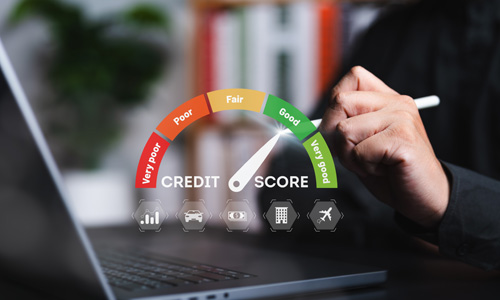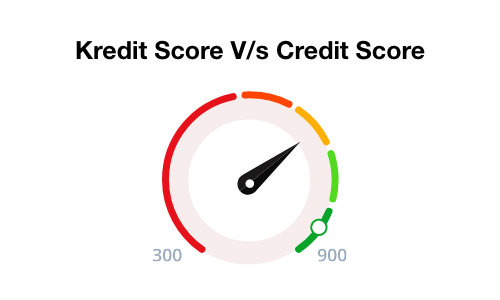Cheque Score
Cheque Score, an indicator ranging from 1 to 99%, signifies the probability of a cheque getting bounced in the next 9 months. The colour codes in the Cheque Score make it easier to understand the risk level of the cheque getting bounced.
Here are the colours assigned as per the risk level -
- Green - Low Risk of Cheque Bounce
- Amber - Medium Risk of Cheque Bounce
- Red - High Risk of Cheque Bounce
As a receiver, it becomes easier to decide whether you should accept this form of payment with the help of this score. Cheque Score is important for small and medium businesses that cannot afford to receive delayed payments or not get paid.
How is the Cheque Score Calculated?
A complex algorithm is involved in calculating the cheque score. This algorithm depends on modern predictive analytics methodology which takes not only cheques but also a vast amount of information provided in the AECB’s database.
The scoring algorithm compares it to the available information of all other cheques that have been issued in the credit history and credit behaviour of people and companies in the UAE.
A good cheque score is important for your business. To improve your cheque score, follow the steps mentioned below:
- Step1: Pay your bills on or before the due date
- Step2: Avoid bouncing cheques
- Step3: Reduce the balance due and credit utilisation ratio
- Step4: Avoid applying for multiple credit cards and personal loans at a time
Why is a Cheque Score Useful?
Cheque Score provides crucial information about how probable the cheque bounce is. This helps you, as a cheque receiver, to decide if it is worth it to accept the cheque as the payment mode, helping you make informed decisions about your finances.
Before the cheque’s due date, the ChequeScore app will send a push notification, informing both the receiver and the cheque issuer about the upcoming payment. As a cheque receiver, you have the option to send reminders as notifications to the issuer via ChequeScore.
Benefits of a Cheque Score for a Cheque Receiver
With ChequeScore, you can learn the possibility of a cheque bounce beforehand as a cheque receiver. This can be of great help in making the smart move about whether to accept or reject a particular cheque.
How to Get a Cheque Score in the UAE?
Perform the steps given below to get a cheque score in the UAE -
- Download the AECB ChequeScore mobile application.
- Scan, upload a cheque image, or enter the cheque details into the application manually.
- Make the payment to complete the process.
- You can then view and share the Cheque Score.
| Credit Score for different types of Loan | |||
|---|---|---|---|
| Credit Score for Personal Loan | Credit Score for House Loan | Credit Score for Car Loan | Credit Score for Student Loan |
Frequently Asked Questions
Ans: No, cheque score is only available for cheques issued by banks in the UAE.
Ans: To compute the cheque score, the official mobile application uses more than just cheque history to calculate the score. It also looks into your credit history and credit behaviour.
Ans: Here are the two scenarios in which you cannot get your cheque score -
- The information provider has reported the issuer to be deceased.
- The IBAN of the cheque is not reported to the AECB database.
Ans: You only need the cheque to get the Cheque Score.
Ans: You will need to pay a fee of only AED 10.5 (5% VAT included) to get the cheque score.

More From Credit Score
- Recent Articles
- Popular Articles












